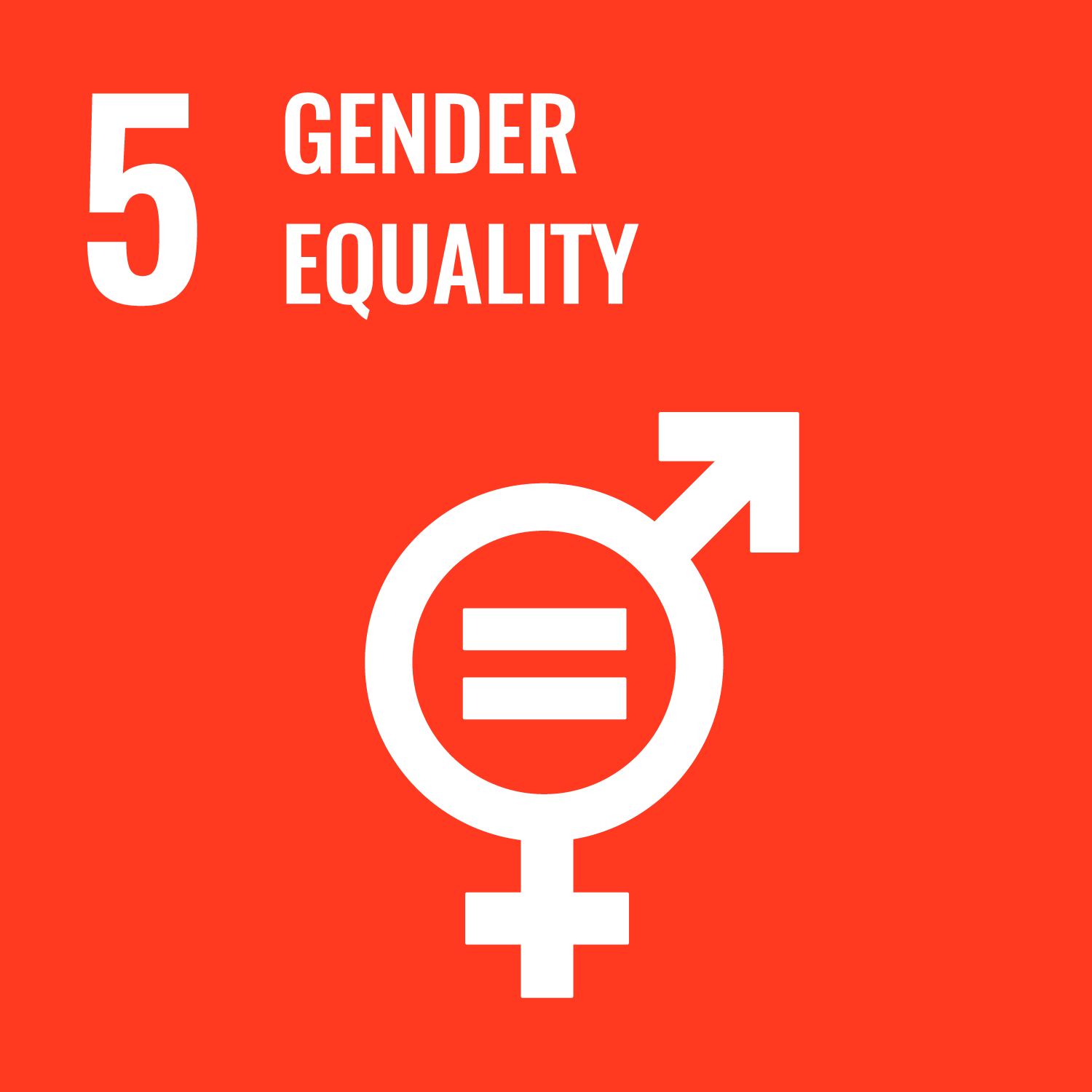Conservation of Natural Resources through Policy Dialogues and Transboundary Agreements in the Hindukush Himalaya

OBJECTIVE
- Strengthening of the policy dialogues of ICIMOD within the HKH regarding national and international agreements on adaptation, resource management and biodiversity
- Implementation follows a gender sensitive approach
PROJECT DESCRIPTION
The extended Himalayan region and its ecosystems are of high importance as the livelihoods of more than 210 million people and the water supply of one fifth of the global population depend on them. The integrity of these ecosystems in the high mountains is threatened through climate change and an increasing pressure on usage of resources. The region is characterized by disputed borders, insufficient infrastructure and partly extreme poverty. A rapid social transformation, climate change and increased pressure on usage of already degraded resources exacerbate the socio-economic situation, creating especially a burden for women.
In the HKH region the development measures concerning transboundary conservation of resources and biodiversity, as well as adaptation to climate change are mostly single-country programmes, transboundary cooperative agreements are seldom. ICIMOD, serving as a platform for regional cooperation for the eight states of the HKH increasingly involves in the national policy-making process. The Transboundary Landscapes (TBL) programme showed proof that national implementation partners in the regional member countries actively demand transboundary cooperation, but so far the capacities for sustainable implementation are weak. Hence, there is a need for a systematic analyses of lessons learnt about transboundary cooperation mechanisms as well as an improved access to information about transboundary implications referring to conservation and sustainable usage of natural resources and adaptation to climate change. With HIMAP, ICIMOD initiated a comprehensive survey on social, economic and ecological developments, its drivers of change and their impacts on the HKH.
The results of HIMAP, as well as the lessons learnt of the TBL programme, and their recommendations will complement the analysis of existing governmental plans, strategies and programmes.
Field of intervention
- Providing advisory services on a systematic analysis of the lessons learnt about transboundary cooperation mechanism
- Link to consulting on development of capacities for such cooperation
- Advising ICIMOD as lead executing agency of the project and its national implementation partners on coordination of cooperation projects and the related project management
Targeted beneficiaries
The intermediaries of the project are the national governments of the involved countries and the federal state governments along the common borders, as well as the directly involved local authorities (depending on the country: districts, provinces and counties). The intermediaries comprise a group of approx. 400 government members, as well as representatives of the private sector and the communities. The target group is reached through the intermediaries. The target group includes parts of the rural population living in the mountainous border regions between the involved countries of the four focused TBLs. In total approx. 9.4 million people live in the whole region of the four TBLs. So far approx. 380,000 people could be reached in the pilot sites of the TBL programme. The population in the HKH region is divided into different ethnic groups, languages and religions. However, in the whole region the situation of women and marginalized groups and castes is characterized by high workload and discrimination. Therefore integrating gender and social inclusion aspects of the program addresses these target beneficiaries.
Highlight activities
- Analysis regarding exisiting regional cooperation mechanism, processes and potentials in the HKH.
- Study on potentials and challenges for an “HKH Convention” based on global best practices on transboundary conservation and the usage of natural resources considering drivers and impacts of climate change.
- Development of a roadmap and a networking strategy for ICIMOD in cooperation with HKH member countries for transboundary cooperation mechanism in the HKH.
- Technical assistance for the formulation of transboundary agreements between cooperation partners of ICIMOD on selected issues in the landscape
- Implementation of capacity building measures for relevant stakeholders in the landscape, cooperation partners and ICIMOD on transboundary landscape management
- Analysis on gaps and potentials of existing government plans, strategies and programmes including the lessons learnt of TBL and HIMAP
- Implementation of dialogue forums on different levels (regional, national and local)
- Participation and organization of events during global forums
COUNTRY
Asia
DURATION
Jan 2018 - Dec 2018
SDG





